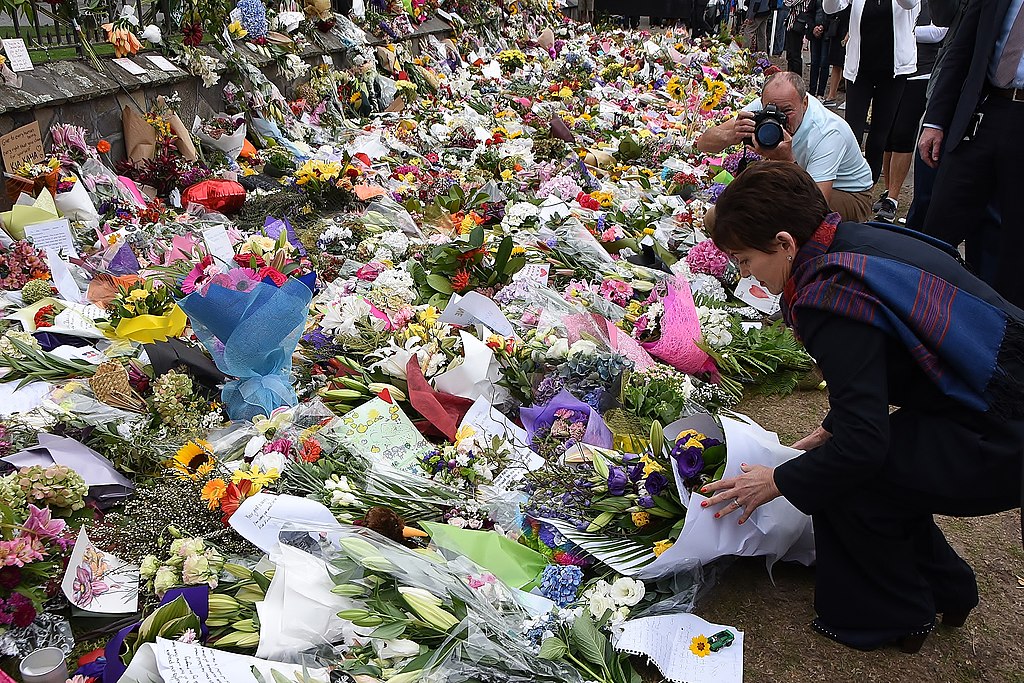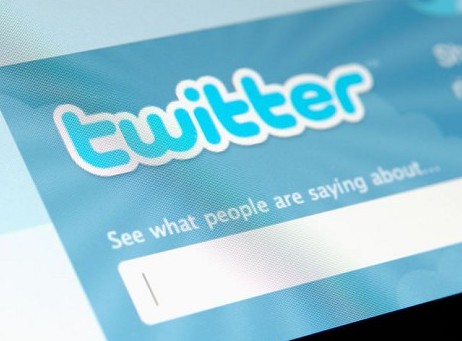In the digital world, everything and everyone
White supremacists worldwide cite the same concern: the extinction of the white race, or what political philosopher Renaud Camus coined “the great replacement.” Close to 75% of extremist attacks in the U.S. over the past decade were committed by supporters of white supremacist viewpoints. Digital technologies have been central to the proliferation of this dangerous ideology.
Since the onset of the digital world, white supremacists have recognized the power of digital manipulation. In the 1980s, the digital world lacked adequate regulations. As a result, manipulators were able to get around the limited regulations by uploading on their own non-regulated platforms. The roaring 1990s brought a new development in the relationship between white supremacy and the internet. New anonymous message boards were created and became spaces where users could post any text, image, or link that they wanted, with no identification being tied to them.
The internet allows those with extremist views to promote their ideologies while hiding behind a cloak of secrecy. Within the mystery of the cyber world, so-called “chan-culture”
How are message boards getting away with it? How are they able to openly promote racist ideologies with little-to-no repercussions? The owners and advocates of the message boards cite “free speech” as the reason for continuing the boards. Free speech, they emphasize, is deeply embedded in laws around the world. Freedom of speech is protected by Section 2 of the Canadian Charter of Rights and Freedom, where it is held as a “fundamental freedom,” as well as in the First Amendment to the U.S. Constitution, which states that:
“Congress shall make no law respecting an establishment of religion, or prohibiting the free exercise thereof; or abridging the freedom of speech….”
Although free speech laws are cherished and valued by citizens, the exact meanings of the laws are unclear and leave room for white supremacists to manipulate them for their own devices. Websites such as 4chan and 8chan do provide platforms for people to speak freely. However, “free speech” also allows subscribers to the websites, and the website owners, to legally distance themselves from the content posted. There is no username tying individuals to their posts. As a result, the webpage users feel as though they can freely say what they would like with no possible repercussions.
White supremacist attacks are on the rise around the world. David Hickton, a former U.S. Attorney, declared that
“White supremacy is a greater threat than international terrorism right now.”
From Pittsburgh, Pennsylvania to El Paso, Texas to Poway, California to Christchurch, New Zealand, white supremacists have been utilizing online message boards to post their manifestos prior to their attacks, or to sometimes livestream the attacks in real time.
Before the attacker opened fire at the Christchurch Mosque in New Zealand on March 15th, 2019, an anonymous message was uploaded to 8chan by the convicted attacker. The attacker continued to
“unprecedented both in scale and speed — at times as fast as a new upload every second.”
In the wake on the horrific attacks, internet servers in New Zealand and Australia began to block 4chan and 8chan. Yet, white supremacy remains a global issue and is on the rise.
Five months after the Christchurch Mosque shooting, another white supremacist attack shocked the U.S., and the world at large. On August 3rd, 2019, a mass shooting occurred at a Walmart store in El Paso, Texas. The gunman killed 22 people and injured 24 others. El Paso, which is located along the U.S.- Mexico border, is over 80% Latino. Similar to the New Zealand attacker, the shooter posted a manifesto on 8chan prior to opening fire. The gunman cited the New Zealand attack, and the manifesto linked to it, as his source of inspiration. Around the world, white supremacists are realizing the power of media platforms in promoting their ideologies.
This article is part of a two-part series. Part two will dive even deeper into digital white supremacy, and its continuing threats. It will also examine how governments around the world, such as Canada and New Zealand, are aiding in the global fight against digital extremism. Check it out here.
Featured Image: Governor-General of New Zealand, Dame Patsy Reddy, lays flowers for the victims of the Christchurch mosque shootings at Hagley Park. (2019) via. Wikimedia. Public Domain.
Disclaimer: Any views or opinions expressed in articles are solely those of the authors and do not necessarily represent the views of the NATO Association of Canada.




